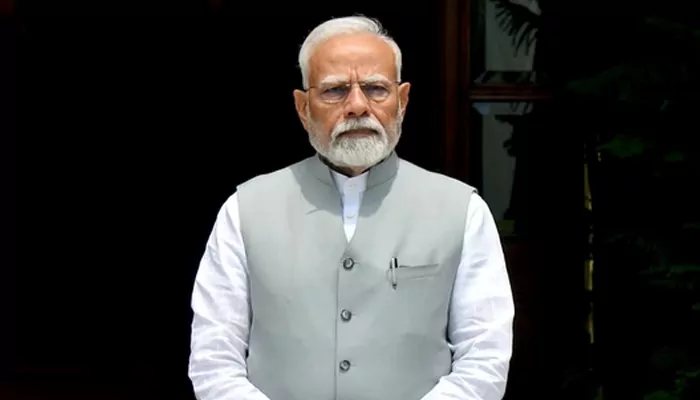Navigating The Complex Terrain: 5 Essential Reads On Understanding Real Indian Politics
- Admin
- 6 months ago
- 4 minutes read

Understanding the political landscape of India, the world's largest democracy, is a formidable task. With its rich tapestry of history, diverse cultures, languages, and religions, Indian politics presents a fascinating study of democracy in action.
It's a realm where ancient traditions intersect with modernity, where economic aspirations challenge social norms, and where political ideologies are both vibrant and varied. For those keen on delving into this complex world, literature offers insightful pathways. Listed below are five seminal books that provide a profound understanding of real Indian politics, each a beacon illuminating the multifaceted nature of this dynamic field.
"The Discovery of India" – Jawaharlal Nehru
Penned by India's first PM, Jawaharlal Nehru, when he was imprisoned during 1942-1946, "The Discovery of India" is a profound narrative that explores the rich cultural heritage and complex history of India. While not a political treatise per se, Nehru's work is foundational for anyone seeking to understand the underpinnings of Indian political thought and the aspirations that shaped its modern political landscape.
Nehru's perspective offers a unique window into the mind of a leader who was instrumental in shaping modern India. His reflections on India's past and vision for its future are indispensable for understanding the ideological roots of Indian democracy.
"India After Gandhi: The History of the World's Largest Democracy" – Ramachandra Guha
This comprehensive history of independent India by Ramachandra Guha provides an unparalleled examination of the country's political evolution since gaining independence in 1947. Guha addresses the challenges and triumphs of India's democratic journey, examining the roles of various political figures, movements, and the constant tug between unity and diversity.
Guha's narrative is critical for anyone looking to grasp the complexities of post-independence Indian politics. The book's thorough analysis of democratic resilience in the face of numerous challenges makes it a must-read for understanding contemporary Indian politics.
"The Argumentative Indian" – Amartya Sen

Nobel laureate Amartya Sen presents a compelling argument about the inherent argumentative tradition within Indian democracy. Sen explores how debate and dialogue have shaped India's history, culture, and politics, arguing that this tradition is vital for the survival of democracy in India.
Sen's insights into the cultural foundations of Indian democracy are invaluable. "The Argumentative Indian" not only explores the political implications of India's intellectual traditions but also celebrates the diversity of thought that sustains its democratic fabric.
"Why I Am a Hindu" – Shashi Tharoor
In "Why I Am a Hindu", Shashi Tharoor, a prominent politician and writer, delves into the complex interplay between religion and politics in India. Tharoor presents a personal narrative that explores Hinduism's inclusive and diverse nature, contrasting it with the political Hindu nationalism that has risen in recent times.
Tharoor's book is crucial for understanding the contemporary religious undercurrents that influence Indian politics. It offers a perspective on how religion, particularly Hinduism, is interpreted in the political arena, highlighting the tension between pluralism and sectarianism.
"The Free Voice: On Democracy, Culture and the Nation" – Ravish Kumar
Renowned journalist Ravish Kumar's work is a passionate plea for protecting democratic values and freedom of expression in India. Kumar critiques the challenges faced by the media and the common man and highlights the importance of dissent in a healthy democracy.
"The Free Voice" offers a critical look at the state of Indian democracy from the perspective of a media person who has been on the front lines.
Each of these books provides a unique lens through which to view the vast and intricate landscape of Indian politics. From the historical foundations laid by Nehru to the contemporary challenges highlighted by Ravish Kumar, these works collectively offer a deep and nuanced understanding of the forces shaping Indian democracy. Engaging with these texts not only enriches one's knowledge but also fosters a greater appreciation for the complexities and vibrancy of Indian political life.












